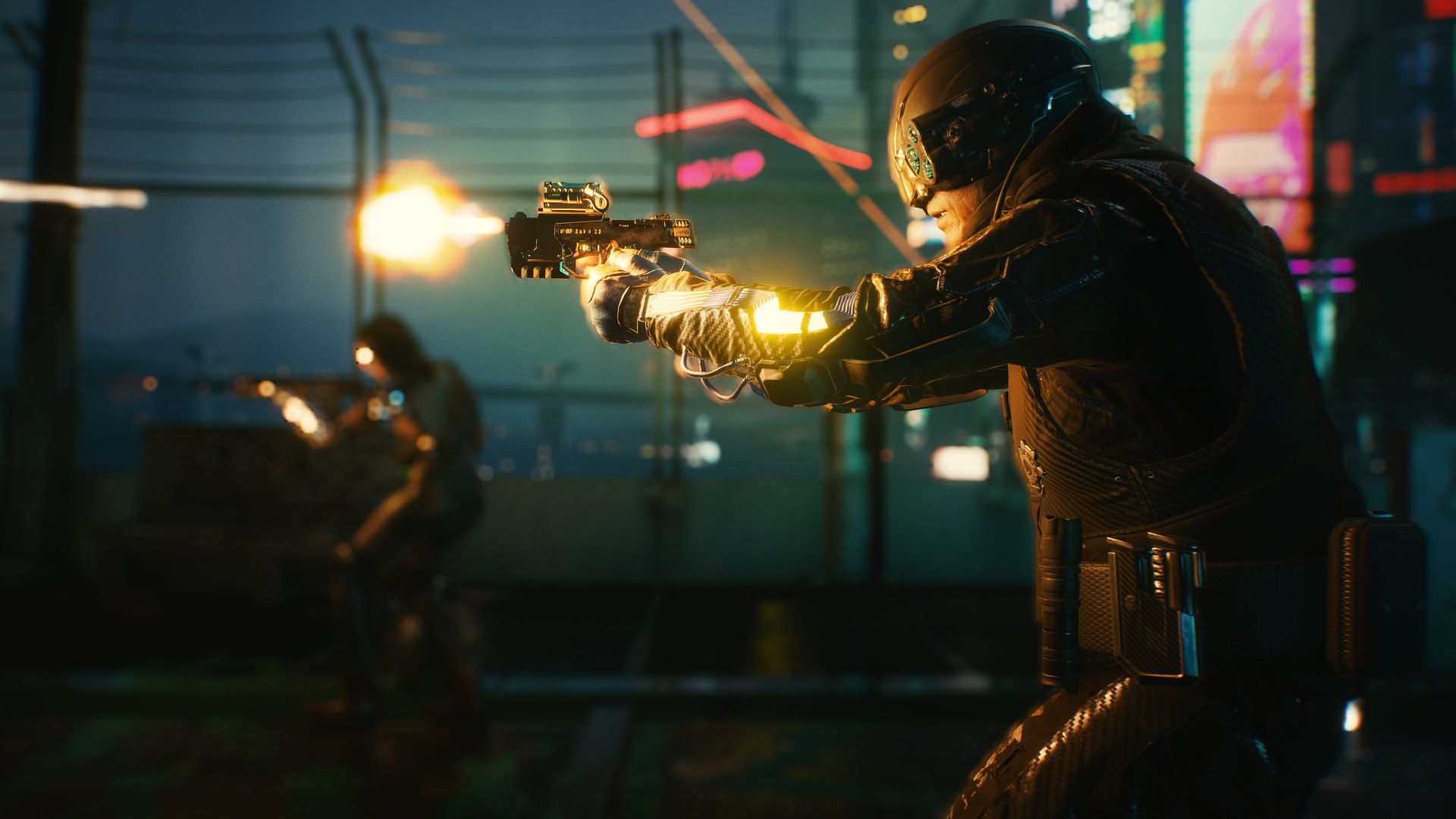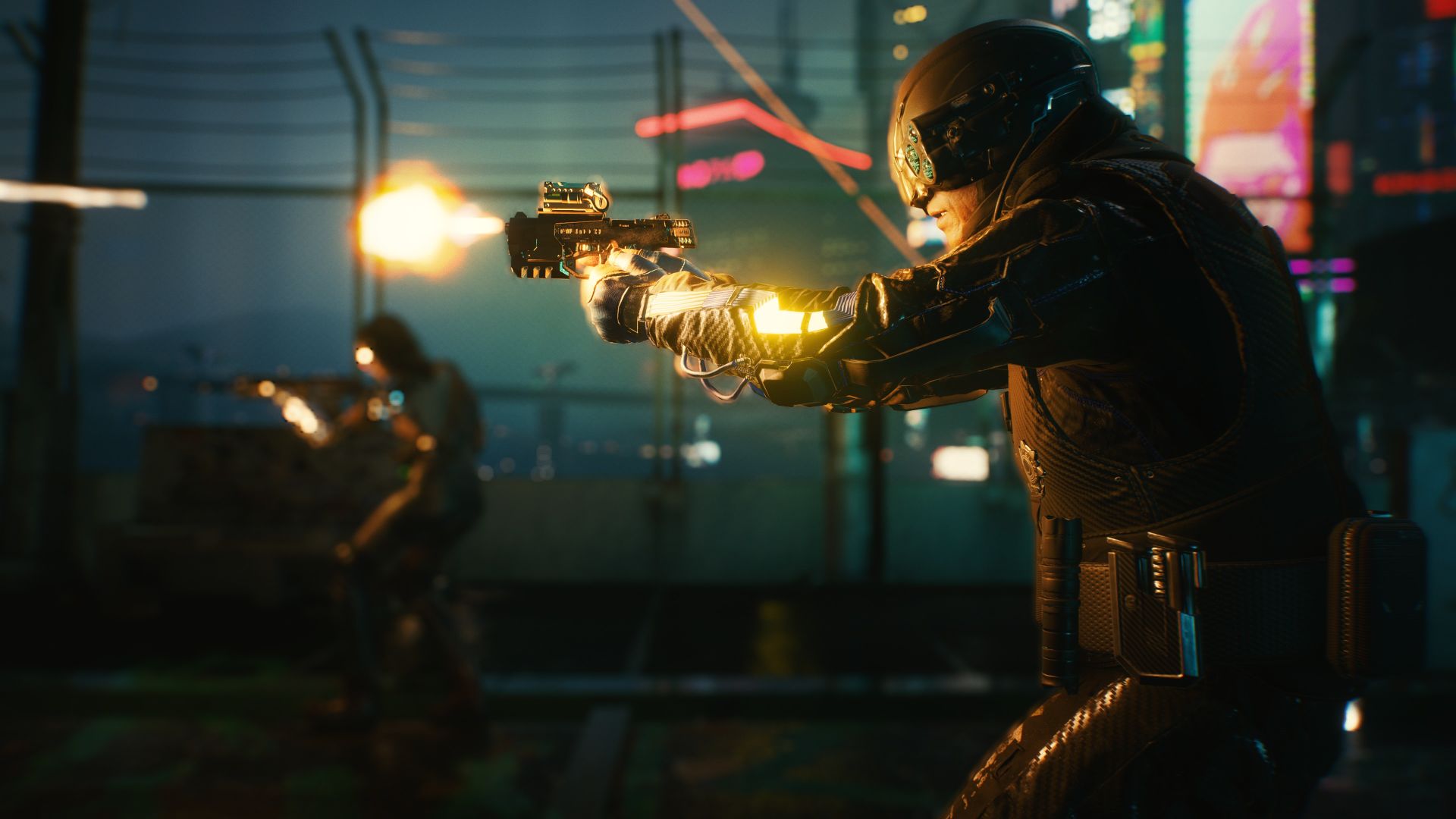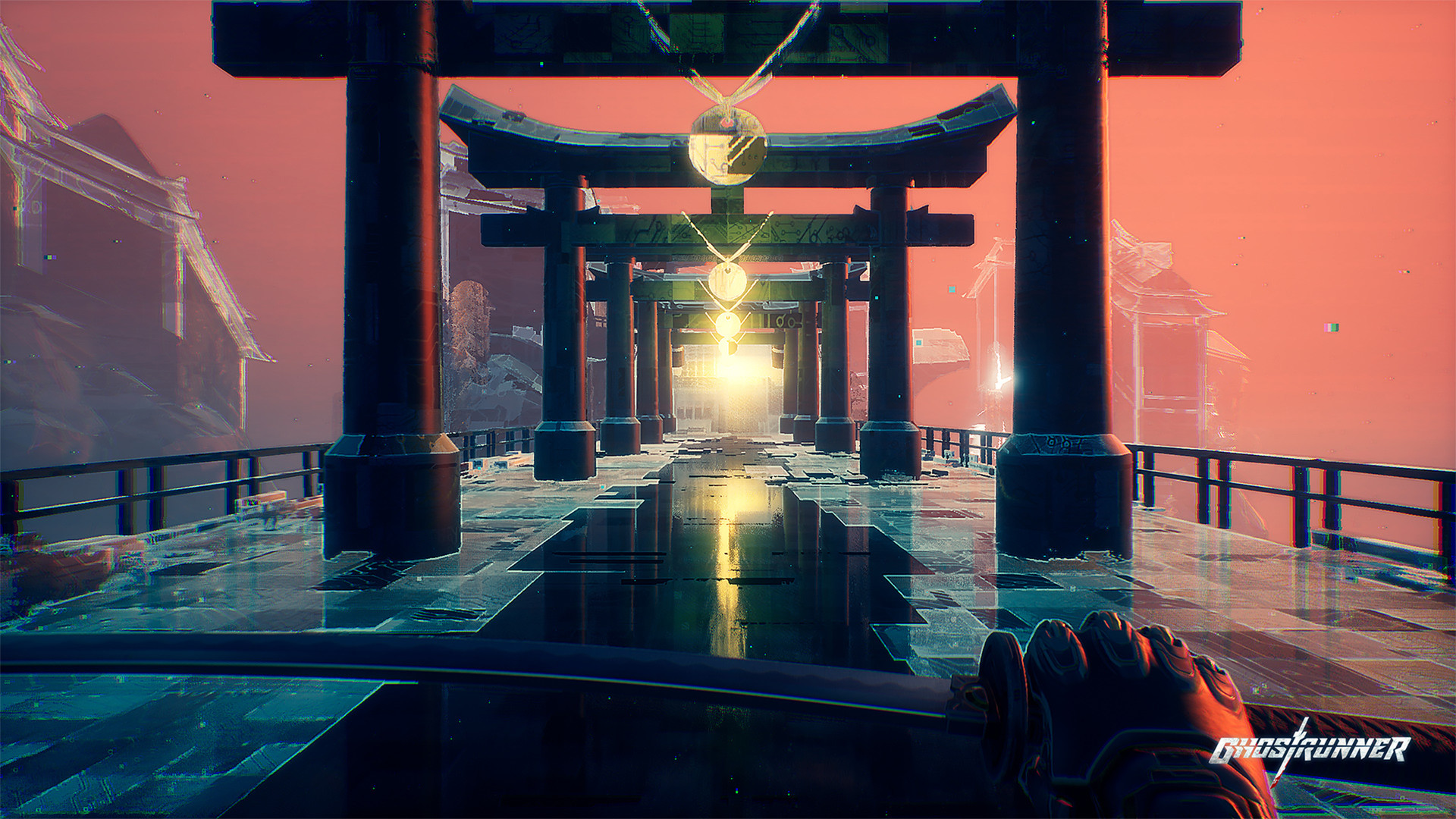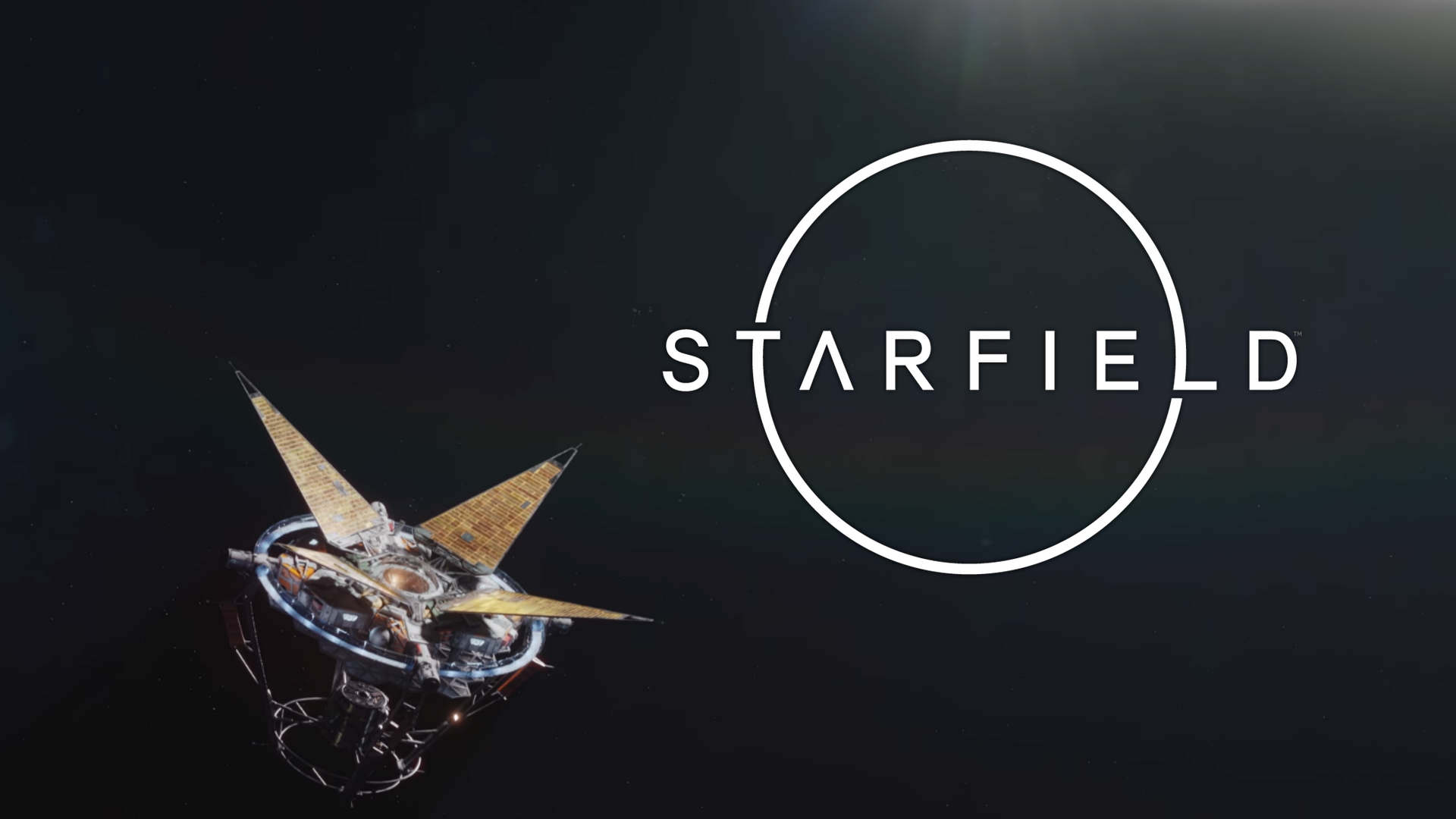
The universe that Cyberpunk 2077 is set in is an incredibly rich one. Over the course of four editions of the pen and paper tabletop RPG, the Cyberpunk universe has told some incredible stories, shown us memorable characters, immersed us in a world full of history and lore that you can spend dozens upon dozens of hours poring over. With CD Projekt RED’s upcoming Cyberpunk 2077, that universe is bound to get even deeper and richer, especially with creator Mike Pondsmith having served a pretty important role as a consultant during the game’s development.
Over the last few weeks, we’ve spent quite a bit of time talking about various things from this universe, from characters and conflicts to corporations and Night City itself- but what we’re here to talk about today is perhaps one of Cyberpunk’s most unique, and as such, most interesting elements. What we’re here to talk about today is Braindancing.
Braindance isn’t necessarily a crucial part of the Cyberpunk universe (especially when compared to some of the other lore features we’ve done in recent weeks), and it remains to be seen how vital a role it will play in the upcoming game’s story, but it’s still something that bears talking about. Before we get to that though, perhaps we should answer one very simple question- what exactly is Braindancing?
Well, the short (and rather reductive) description is that it’s Netrunning Lite- although even that’s not entirely technically true. Braindance is essentially a form of sonic excursions into memories and psychology and sensation, all rolled into one. Similar to Netrunning, Braindance involves neural interfacing to recreate and live in an entirely augmented alternate reality- but unlike Netrunning, the interfacing isn’t done with the Net, but with recorded thoughts and memories.
But doesn’t that just mean Braindance is a fancy way of saying “you can watch videos and movies in your head”? Well, no- it’s more than that. Because when a person is experiencing a Braindance, they’re not just witnessing recorded events- they’re experiencing it more or less firsthand, as it those events were happening to themselves right there and right then, because all the sensations that the person in the recording was feeling during the event and all the thoughts they were thinking are also felt and thought by whoever’s reliving that memory.
As you can probably imagine, something like that can have a lot of applications, and in the universe of Cyberpunk, Braindance has plenty of uses as well. In the Cyberpunk universe, the process of Braindance’s creation first began in the year 2007, and when it was first created, its first major use came in criminal reform. The process of getting that application approved was a long and complicated one, with many stumbles along the way, but once it was finally approved, the results were rather… interesting, for the lack of a better word.
Criminals who had been convicted of what were described as “anti-social” crimes would be made to experience Braindance recreations of similar crimes themselves, over and over, like a very direct and very aggressive method of aversion therapy, and quite often, these criminals would – who would have now faced the horrors of crimes similar to the ones they had committed themselves – would have an entirely different outlook on their actions, and how to conduct themselves in the future.
But, of course, as is the case with most things in the Cyberpunk universe (or most other universes taking place in a cyberpunk setting), people found a way to turn Braindance into a commercial product as well. Its application for criminal reform would continue, and Braindance would later be picked up for things such as psychotherapy and military training as well. But, as you might have guessed, Braindance eventually became one of the biggest and most widespread mediums of entertainment as well, essentially replacing archaic mediums such as film and television.
With people now able to experience, say, the thrills of action sequences much more closely, or able to more or less live out the day in a life of global celebrities as if they were in their own shoes, Braindance caught on in popularity like wildfire. In fact, much of the Night City’s poorer population went on to suffer from a widespread problem of Braindance addiction. Eager to escape from their own poverty-ridden lives, people would instead want to vicariously live out luxurious lives of superstars and celebrities through Braindance.
Of course, the process of recording a Braindance is different from the process of, say, filming a movie. Viewers of Braindances tend to prefer spontaneity and authenticity, which means that traditional ideas of entertainment involving scripts and what have you no longer have any place. Actors are instead given vague, general directions of the plot and given the freedom to fill in the rest themselves, so that Braindance recordings can strike that perfect balance between being scripted and still having that spontaneity that viewers cherish so much.
On top of that, however, there are many in the world of Cyberpunk who have found shadier ways to use Braindance as well. The mass produced Braindance chips that form the backbone of the public facing corporate Braindance industry are, of course, regulated, but there are many illicit chips in circulation as well. Some of these chips are used for less than wholesome forms of entertainment, but others have darker, much more dangerous implications as well.
For starters, experiencing somebody’s death through Braindance can cause severe trauma to the viewer. Even though the viewer themselves aren’t experiencing any physical pain to themselves, the sudden and severe shock of feeling and experiencing all the thoughts and sensations that go along with, well, death can be a traumatic experience, at times even to the extent of causing the viewer’s heart to stop functioning. Meanwhile, Braindance chips distributed through the black market have also been used to alter personalities altogether through subliminal suggestions.
We do know that Braindance is going to figure into Cyberpunk 2077, and CD Projekt RED have even shown some of it in action. We know it’s going to manifest in gameplay as well, with players viewing and scrubbing through recordings of events, for instance, to investigate crime scenes, or play back crucial events, and through all of that, spot hidden details that might reveal vital new information- sort of like a much more expanded version of the crime scene investigations in Batman: Arkham Origins. That seems like the closest comparison at first glance, anyway.
How heavily Braindance will be featured as a gameplay mechanic or how much of a role it’s going to play in the story remains to be seen, but one thing’s clear right off the bat- just looking at the lore that CD Projekt RED have to work with here, there are some really interesting things that they can do with this concept. It may be a significant chunk of the story, it may be something that comes into play on the fringes, or it may be something that’s limited to certain kinds of quests or activities- one way or another, we’re excited to see how CD Projekt RED implement this concept in their game.





